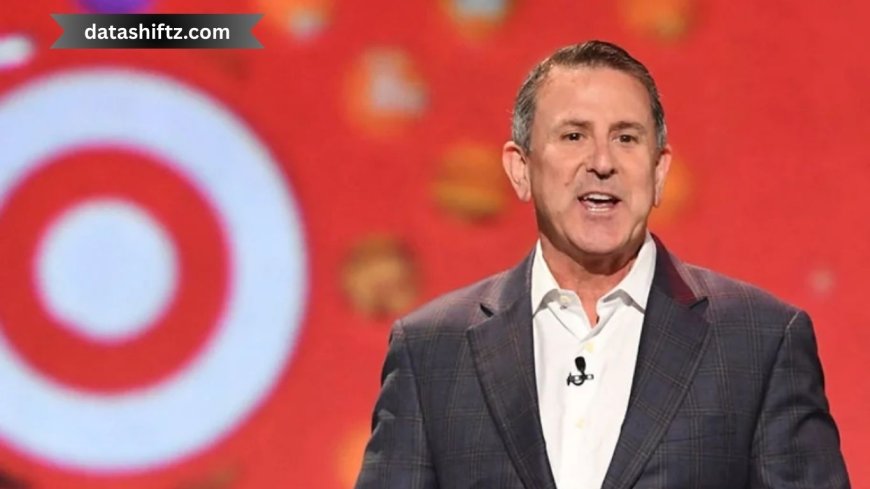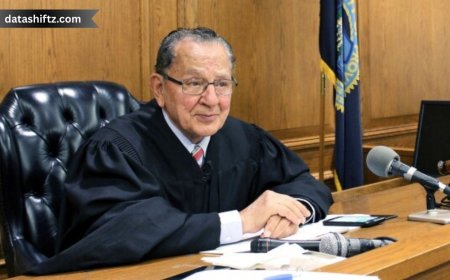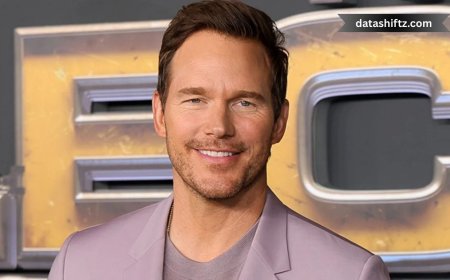Target CEO Transition: Brian Cornell Departs After a Decade at the Helm

Target CEO Brian Cornell Stepping Down—A Pivotal Moment for the Retail Giant
In a major development for the retail world, Target announced today that Brian Cornell will step down as CEO effective February 1, 2026. After steering the company through over a decade of transformative growth and substantial challenges, Cornell will transition to the position of executive chairman. The new CEO-designate is Michael Fiddelke, currently the Chief Operating Officer and a 20-year Target veteran, who was unanimously elected by the board.
Why This Leadership Change Matters
Background and Legacy
Brian Cornell joined Target in 2014, becoming the first CEO hired externally. Over his tenure, he spearheaded a revitalization of the brand—modernizing stores, expanding digital offerings like Drive Up and Shipt, and reinforcing Target’s identity as a destination for stylish yet affordable retail. His leadership helped grow revenue by approximately $34 billion and elevate Target into a $100 billion powerhouse.
Challenges Under His Tenure
Despite early successes, recent years have posed significant headwinds:
-
Flattening or falling sales: Target has reported flat or declining comparable sales in multiple quarters, including the most recent quarter.
-
Profitability concerns: Net income dropped around 19–21% in the latest quarter, with retail sales seeing a decline of more than 3%, though online sales rose over 4%.
-
Consumer backlash over DEI rollbacks: Target scaled back diversity, equity, and inclusion initiatives, triggering boycotts and public criticism, leading to financial and reputational damage.
-
Intensified competition: Rivals like Walmart, Amazon, and Costco have intensified pressure, drawing away both value-oriented and higher-income shoppers.
The New Leader: Michael Fiddelke
Michael Fiddelke emerged as the natural choice. Starting as a finance intern in 2003, he rose through the ranks to become CFO (2019–2024) and then COO. He led the "Enterprise Acceleration Office" initiative that aimed to boost agility, operational efficiency, and speed, delivering over $2 billion in efficiencies.
Upon his selection, analysts and investors expressed mixed reactions:
-
Stock reaction: Shares dropped between 6%–11% on the news—reflecting skepticism and hope for a fresh, external perspective.
-
Analyst commentary: Some praised his experience; others warned that an internal appointment may perpetuate groupthink and fail to spur the transformational change the company needs.
Looking Ahead—What to Watch
Target projects a low-single-digit sales decline for fiscal 2025 and has revised adjusted earnings guidance to $7–$9 per share, down from the previously expected $8.80–$9.80.
Here’s what’s on the radar:
-
Turnaround execution: Can Fiddelke reignite Target’s merchandising trendsetting and in-store experience?
-
Restoring customer trust: Will Target rebuild loyalty after the DEI pullbacks and boycott fallout?
-
Operational agility: Can the Enterprise Acceleration Office translate into real, sustained performance improvements?
-
Competitive positioning: Will Target regain attractiveness versus rivals in both value and style segments?
Highlights at a Glance
| Aspect | Details |
|---|---|
| Outgoing CEO | Brian Cornell – stepping down Feb 1, 2026; becoming executive chairman |
| Tenure & Impact | 2014–2025; modernized stores, digital expansion, revenue growth of ~$34B |
| Challenges Faced | Sales declines, DEI backlash, operational inefficiencies, strong competition |
| Incoming CEO | Michael Fiddelke – COO; 20+ years at Target |
| Key Strengths | Operational efficiency (>$2B savings), familiarity, strategic continuity |
| Investor Sentiment | Mixed – stock dropped significantly post-announcement |
| Outlook for 2025 | Sales declining; EPS guidance reduced to $7–$9 |
| Primary Focus Areas | Merchandising, store experience, tech investment, regaining momentum |
Immediate Priorities for Michael Fiddelke
-
Revitalize merchandising authority
Restore Target’s reputation as “Tarzhay” – combining style, affordability, and trend leadership. -
Enhance in-store execution
Signal cleaner, better-stocked stores to improve customer shopping experience. -
Accelerate operational agility
Expand the scope and impact of the Enterprise Acceleration Office to empower faster, smarter decision‑making. -
Rebuild brand trust
Navigate DEI-related sensitivities and consumer sentiment to restore loyalty and reputation. -
Improve financial performance
Narrow the sales and profit gap, reverse the guidance rollback, and build confidence for future growth.
Conclusion
Brian Cornell’s departure marks the end of a defining chapter in Target’s modern history—one of bold investment, digital reinvention, and strong brand identity. Yet the challenges that cloud the company’s horizon are real and pressing. Michael Fiddelke inherits a complex legacy: leverage his institutional depth and momentum while injecting fresh energy and direction.
As 2026 approaches, the retail world—and Target’s customers—will be watching closely to see if this internal evolution can spark the turnaround the company so urgently needs.





























